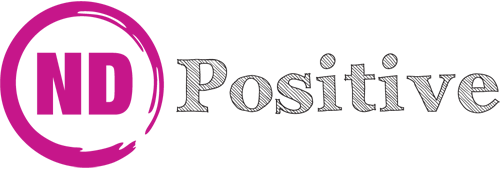We think Neurodiversity means different things to different people. But here are some thoughts to consider, which we hope you find useful.
Neurodiversity typically includes: ADHD, Autism, Aspergers, Dyslexia, Dyspraxia, Dyscalculia, Dysgraphia, Obsessive Compulsive Disorder, Tourette syndrome and Synesthesia.
Judy Singer, an Australian Sociologist, is known for coining the term Neurodiversity in 1998 specifically to gain recognition for NeuroOutsiders in the Disability Rights Movement.
She is recognized as being instrumental in the development of the concept of Neurodiversity while completing an Honours Degree at the University of Technology Sydney (UTS) in 1997-8.
“Neurodiversity, like Biodiversity, refers to the degree of variability of a specific variable in a specific location. In the case of Neurodiversity, it refers to the entire human population of the location called Earth.
Its usage, as I defined it, was simply to name a Social Movement for people who were misdiagnosed, misunderstood and marginalised by categories invented by the Psycho-Medical Model which aligned itself very much with the needs of the 20th century capitalist economy for a standardised, obedient work force.” Judy Singer
For more information on NeuroDiversity 2.0 by Judy Singer Click Here
What is a personal profiler?
“Everyone has potential but some people don’t have the means to recognise or the tools to optimise.”
Welcome to our Personal Profilers. These profilers offer the opportunity to find out your areas of strengths and weaknesses, and how you can minimise their impact.
There are a number of personal profilers available, depending on whether you are studying or in work, or depending on the specific neurodiverse condition you are interested in.
The reports provide you with an overview of your strengths and challenges, as well as tool, tips and resources to support you in your appropriate context.

